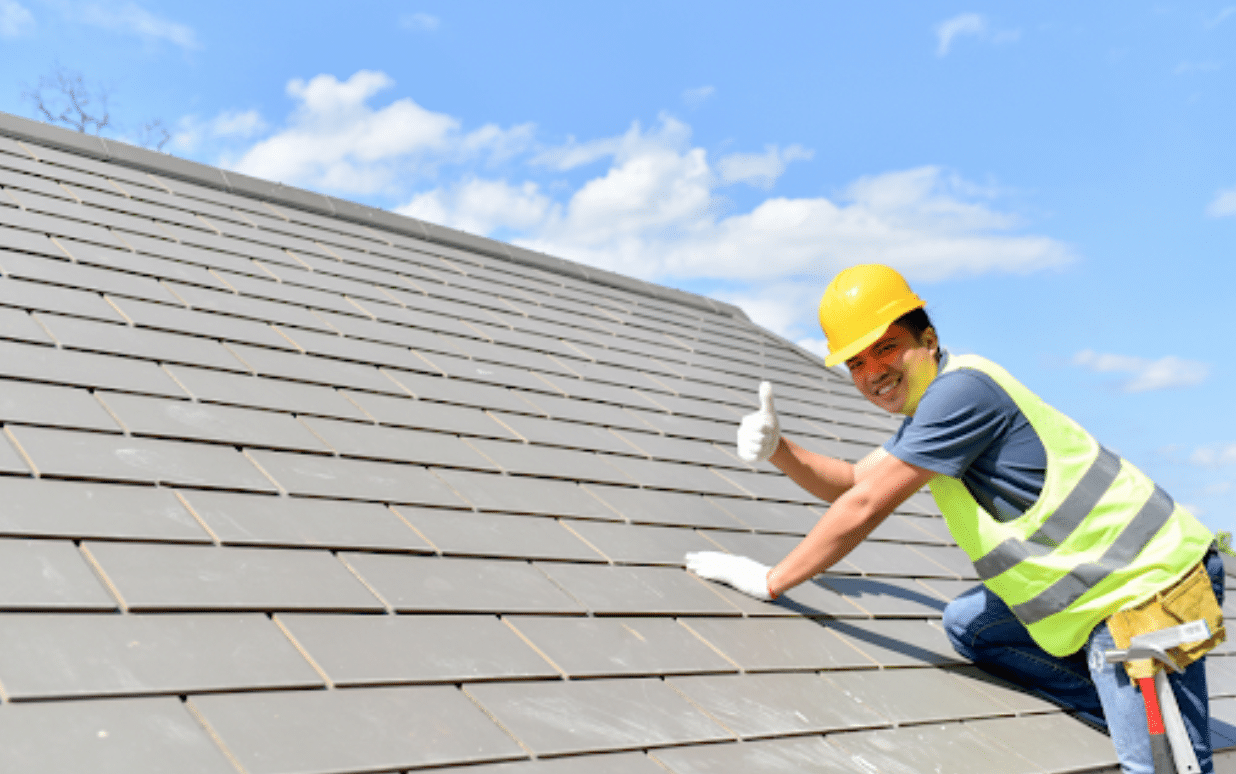A roof inspection is a radical examination of a building's roof to assess its situation, determine any potential issues or damage, and decide whether or not maintenance, repairs, or replacements are wanted. Roof inspections are typically conducted by homeowners, skilled roofing contractors, or inspectors with expertise in roofing methods. The main purpose of a roof inspection is to make sure the roof's integrity and functionality, extend its lifespan, and stop expensive repairs or replacements.
Here are the key goals and elements of a roof inspection:
Evaluation of Roofing Materials: The inspector assesses the situation of the roofing supplies, corresponding to shingles, tiles, metal panels, or membrane roofing. They look for indicators of wear and tear and tear, harm, or deterioration.
Inspection of Flashing and Roof Penetrations: Flashing, which is used round roof penetrations like chimneys, vents, and skylights, is examined for indicators of harm or improper installation. Roof penetrations themselves are inspected for leaks or potential points.
Assessment of Gutters and Downspouts: The inspector checks the condition of gutters and downspouts to make sure they're clear of debris and in good working order. Clogged or broken gutters can result in water damage and roof problems.
Examination of Ventilation: Proper roof air flow is important for regulating temperature and moisture levels in the attic or crawl area. Click here for info for adequate ventilation and indicators of moisture-related points.

Detection of Leaks and Water Damage: The interior of the constructing, significantly the attic or ceiling, is examined for signs of leaks, water stains, or mildew development. These could indicate roof problems that want attention.
Structural Assessment: In some circumstances, the roof's structural components, similar to rafters or trusses, could additionally be inspected for indicators of damage or stress.
Documentation: The inspector typically supplies a written report detailing their findings, including pictures and proposals for any needed repairs or maintenance.
Roof inspections could be scheduled periodically, such as annually, or as needed, particularly after extreme weather occasions like storms or hail. Regular inspections help catch problems early and lengthen the lifetime of the roof. If points are recognized through the inspection, immediate repairs or upkeep can stop additional harm and expensive roof replacements.
It's essential to note that for safety causes, roof inspections should be carried out by people who are experienced and knowledgeable about roofing systems. When unsure, it's advisable to hire an expert roofing contractor or inspector to carry out a complete roof inspection..
